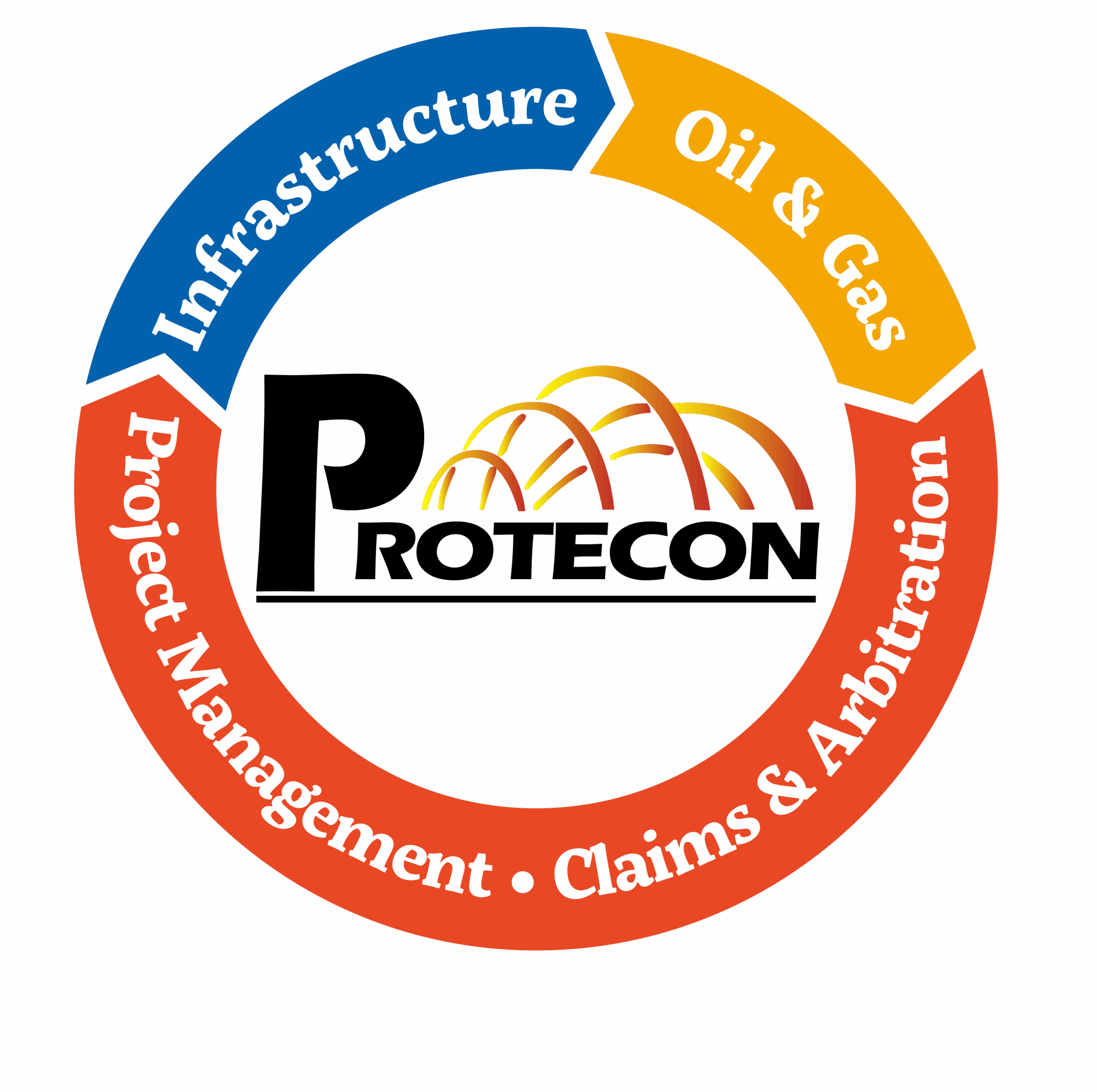Blog
Why do Infrastructure Projects in India get Delayed and How Project Management & Controls Professionals can Fix It?


Manish Khilauria
BE (Civil) from IIT Roorkee
MD & CEO of The Protecon BTG Pvt Ltd, India
India is on a mission of massive infrastructure push — highways, metro rail, power plants, ports, petrochemicals, smart cities — you name it. But here’s the catch: Many of these big-ticket projects are running behind schedule. Why does this keep happening? And more importantly, how can it be fixed?
Let’s break it down.
What’s Slowing Down India’s Infrastructure Boom?
Building something big in India often turns into a slow, complicated process. Here are the key roadblocks:
1. Poor Planning & Effective Monitoring
Underestimating time, cost, and resource complexity is more common than you’d think. “I know everything” syndrome is killing organizations — and it leads straight to delays.
2. Land Acquisition Headaches
Getting land — especially in crowded or rural areas — is a nightmare. Locals protest, court cases pop up, and compensation drags on.
3. Environmental Clearances
If your project touches a forest or river, expect long waits. Activism and red tape can stall approvals for years.
4. Too Much Bureaucracy
Multiple government departments, central-state coordination issues, and slow file movement kill momentum.
5. Too much vigil is forcing professionals to involve multi-layer approvals, hence delays.
6. Funding Troubles
Even well-planned projects get stuck because of budget overruns, delayed fund releases, or financing gaps.
7. Legal Tangles
Contract disputes, land litigations, and public interest cases can halt work mid-way.
8. Labour & Contractor Issues
Skilled labor shortages, bad planning, or fights between contractors and agencies often derail progress.
9. Political Interference
When governments change, projects often get reassessed, paused, or dropped altogether.
Sector-Specific Pain Points
Let’s take a closer look at how these issues show up in different sectors:
Roads & Highways: Land disputes can block entire stretches.
Utility relocation (like shifting electric poles) isn’t planned properly.
Legal encroachments add to the mess.
Example: Delhi-Mumbai Expressway faced delays for all these reasons.
Metro Rail: Cities fight over who pays what — central vs. state vs. municipal bodies.
Shifting underground utilities in crowded cities is tough.
Specialized imported machines sometimes arrive late.
Power Projects: Hydro projects face environmental resistance. Thermal plants struggle with coal and water supply. Even solar/wind projects hit land and grid connectivity issues.
Smart Cities: Over-the-top planning, but weak on execution. Too many agencies involved — nobody knows who’s in charge.
Projects often stop halfway due to leadership or funding changes.
Arbitration and dispute resolutions that drag on for years.
Lack of skilled Project Management & Controls professionals at all level.
How Project Controls can Save the Day
This is where skilled Project Management & Controls Professionals come in.
Here’s how they change the game:
✅ 1. Effective Planning, Scheduling & Monitoring
No more wild guesses. Project Controls Professionals use real data to forecast estimated costs, timelines, and risks.
✅ 2. Effective Physical Progress Measurement & EVM System leads to Early Warning System
A Systematic progress measurement system will produce Cost/Time/Resource variances
✅ 3. Efficient Resource Estimation & Allocation
They make sure everything — labor, machines, materials — shows up at the right place, at the right time.
✅ 4. Risk Management Pros
Land issues? Weather delays? Funding gaps? Project Controls Professionals see it coming and have a Plan B ready.
✅ 5. Interface Coordination
They connect the dots between ministries, contractors, and vendors. That means fewer delays and faster decisions.
✅ 6. Use of Smart Tools
Think of Primavera, Power BI, Tilos, PMIS — technology that gives real-time updates and keeps projects on track.
✅ 7. Documentation & Compliance
They make sure everything is by-the-book — great for audits, reports, and avoiding legal trouble.
✅ 8. Escalate Issues as and When Needed
They don’t wait around. When problems arise, they escalate to the right authorities — quickly.
The Gold Standard: Delhi Metro Rail Project (DMRC)
If you want proof that project management works — look no further than Delhi Metro.
What Made It Special?
Led by E. Sreedharan, who ran the show like a true professional
Used global Project Management & Controls practices and tools (like Primavera).
Had single-point authority — no waiting on 10 departments for approvals.
Contractor performance was tightly monitored.
Worked seamlessly with traffic police, utility boards, etc.
The Result?
Completed on time — sometimes even ahead of schedule.
Set a national benchmark for metro projects.
Inspired cities like Kochi and Bangalore to follow the model.
India doesn’t have a shortage of ambition. But to deliver on its infrastructure dreams, it needs better Project Management & Controls professionals for effective execution. And that’s where professional project controllers can make a huge impact — by bringing structure, accountability, and speed.
As the Delhi Metro story shows, when you empower skilled professionals and give them the freedom to operate, delays can be cut, costs can be controlled, and public trust can be earned.
Now the question is, What are the solutions? Many organizations are available in India. One of them is Protecon BTG (P) Limited, which provides a complete PMO Solution. You may connect us.

